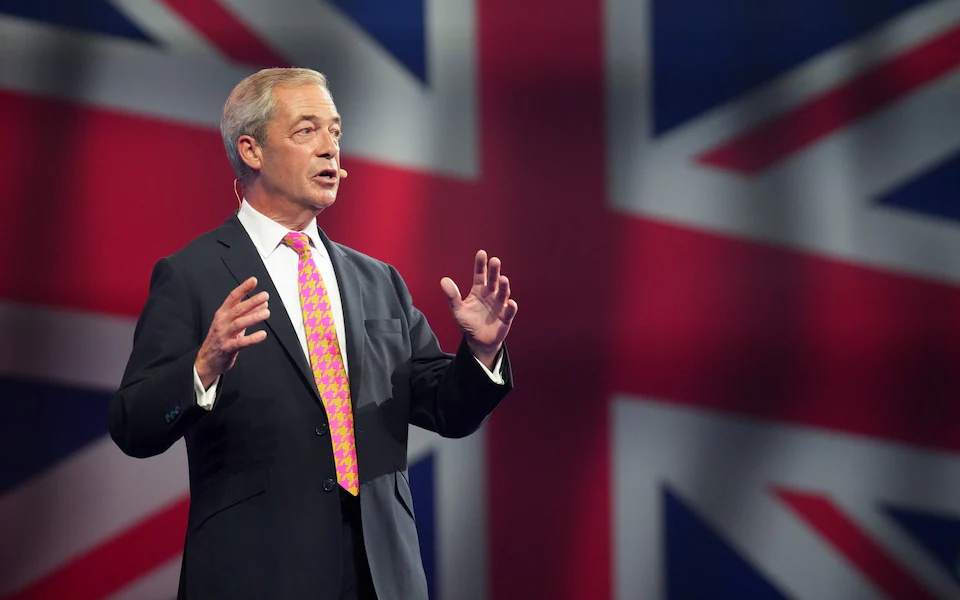Reform UK leader Nigel Farage has been met with fierce criticism from across the political spectrum after threatening to revoke the rights of hundreds of thousands of legal immigrants by pledging to abolish Indefinite Leave to Remain (ILR), the main route toward permanent settlement in the UK.
At a tense press conference on Monday, Farage said the policy was designed to block an estimated 800,000 people, so-called “Boriswave” of migrants who arrived under Boris Johnson’s post-Brexit immigration rules, from becoming eligible for ILR between 2026 and 2030. He argued that many in this group were low-skilled and would pose “a huge burden on the state” through welfare claims.
Flanked by his policy chief, Zia Yusuf, Farage pledged to abolish ILR entirely, forcing all permanent residents to reapply for visas every five years under tougher criteria: higher salary thresholds, stricter English-language requirements, and tighter restrictions on bringing dependants. When pressed, Farage conceded that the measures could break up families and potentially affect Ukrainians and Hongkongers who entered Britain through special resettlement schemes.
Read Also:
Starmer accuses Farage of using fear tactics amid Reform’s surge
Farage pledges to abolish ILR within 100 days, promises mass migrant deportations
Unite General Secretary warns Labour risks losing workers to Farage over jobs, rights
Downing Street condemned the proposals, saying the UK faced “a crossroads between national renewal under Keir Starmer and the path of division and decline which Reform wants to put the country on.”
Labour’s Rachel Reeves dismissed Reform’s claims of £230–234bn in projected savings as “fantasy economics,” while Anna Turley, the party chair, said Farage “cannot say how many families would be broken up, what the cost to businesses would be, or how long this would take to implement.” Sadiq Khan, London’s mayor, called the threat to deport law-abiding residents “unacceptable,” and Ed Davey, the Liberal Democrat leader, warned it risked “another Windrush scandal.”
Many Immigration law experts have questioned the legality and practicality of Farage’s proposal. Dr Lawal Jonson, an immigration lawyer at Greater Manchester, said:
“Indefinite Leave to Remain is a settled legal status under UK law. Attempting to revoke it retroactively would face almost certain legal challenge under domestic administrative law and the European Convention on Human Rights. Courts have historically upheld the principle of legitimate expectation—people who built their lives here on the promise of stability cannot simply have that status removed overnight.”
Mr John Malik, a human rights lawyer, added:
“People should remember the recent Windrush scandal and the devastating consequences of targeting long-term residents without proper safeguards. Revoking ILR would risk repeating that disaster on a far larger scale, potentially breaching Article 8 of the European Convention, which protects family and private life.”
The Migration Observatory at the University of Oxford has also warned that rescinding ILR could strain the court system, create significant administrative backlogs, and spark diplomatic disputes with countries whose nationals would be affected.
Despite mounting backlash, Farage doubled down, insisting the era of cheap foreign labour was over. Yet under questioning, he offered no new data to support his assertion that most migrants “are not working and never will work,” nor details on how deportations would be enforced. Analysts warn the proposal is unlikely to survive legal scrutiny, but it underscores Farage’s strategy of using immigration as a rallying cry ahead of the next election.



